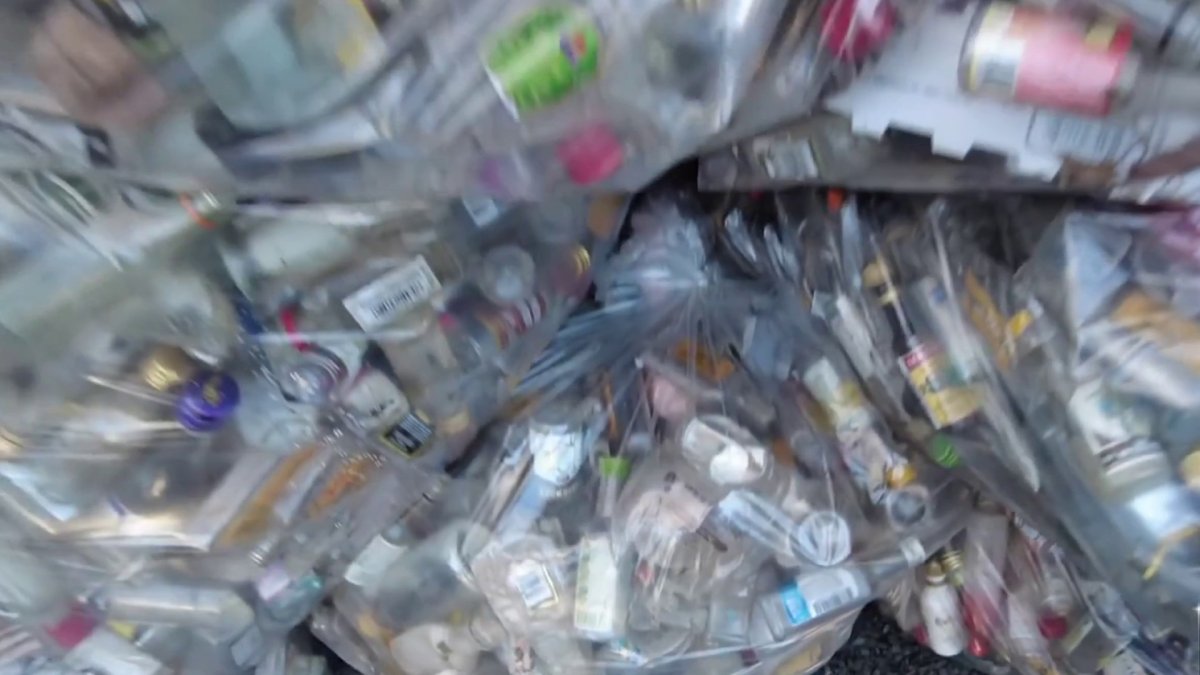
Some Connecticut residents are left wondering what is being done with the mini bottle surcharge towns are receiving.
“I’m finding that the problem is even larger than I thought it was,” said Bristol’s Cynthia Chesky.
Mini liquor bottles are creating a problem in town.
“Drink where you’re supposed to, and put it away where you’re supposed to,” said Jewel Rudin, an employee at a liquor store in Glastonbury.
That’s the concept, but back in 2021, rampant littering led Connecticut to add a five-cent surcharge for each mini alcohol bottle sold.
Get Connecticut local news, weather forecasts and entertainment stories to your inbox. Sign up for NBC Connecticut newsletters.
The money would go back to the local towns and cities where the bottle was sold – money to be used at their discretion for litter control.
“The industry is monitoring that, the industry is monitoring that, so the state has no involvement,” said State Rep. Joseph Gresko (D-Stratford), co-chair of the Environment Committee.
For Chesky, simply going for a walk has gotten her involved in the conversation.
Local
“I decided to keep [a] tally on how many I picked up,” she said.
In a little over a month, Chesky and her husband picked up nearly 7,000 mini alcohol bottles, all throughout Bristol.
“The program’s not working well. The ‘nickel-per-nip,’ and our legislation needs to know that this is a serious problem,” Chesky said.
From Oct. 2021 to Sept. 2022, Bristol earned roughly $95,000 from the program – the eighth-highest total in the state.
That money will be paid to the state in multiple installments. According to Bristol Mayor Jeff Caggiano, the city has already received roughly $42,000 of that sum.
“That money needs to be spent on litter control or some sort of environmental purpose,” Gresko said.
Caggiano said the city has yet to find a solution to the problem but plans to address it at their public works meeting later this week.
Gresko said that this year, there is new legislation that would allow the Council on Environmental Quality to monitor that requirement.
“We will give them the backup they need so that when they do contact the municipality they’re not hung up on, and we can find out where the money is being spent,” he said.
Chesky said she’d like each town or city to have the ability to decide whether or not mini bottles of alcohol are allowed to be sold. Gresko said he supported that notion.